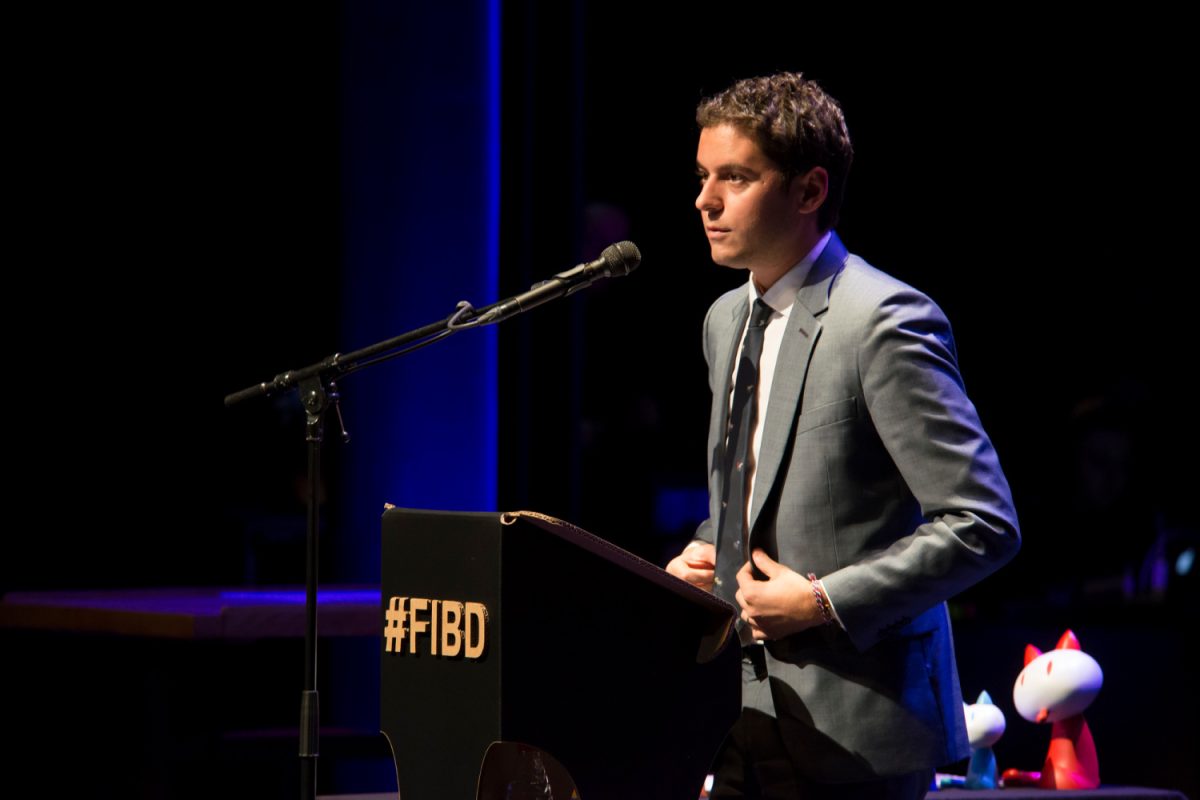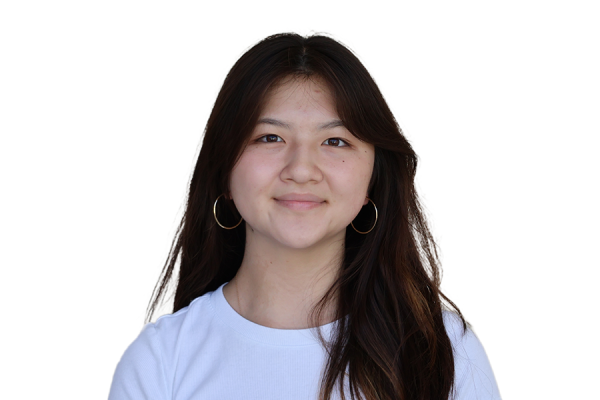At 34 years old, Gabriel Attal was recently named the new French prime minister, achieving a political milestone as he became the youngest and first openly gay individual to serve in this position.
Attal follows the pattern of his predecessor, President Emmanuel Macron, who, at the age of 39, became the youngest president in French history. As a popular figure amongst the French people, Attal is also speculated to be in the running for the French presidency in 2027.
There’s speculation that Macron has strategically appointed the young Attal as prime minister to revitalize the government and to debilitate challenges from the far right. This decision reflects the president’s approach in addressing the heightened scrutiny attributed to the evolving economic and political climate in recent years.
In response to the increase in fuel taxes and economic inequality, the Yellow Vests Protests leveled Macron’s approval rating a few years after his initial election in 2017.
“Macron has tried to make significant reforms to improve the economy internally. We have fairly high unemployment rates in France, especially since COVID. The inflation situation is rampant, and the situation is quite dire for a lot of people. He has tried to drill significant reforms for retirement and on the price of gas, and French people don’t like changes, so he’s been facing a lot of criticism,” said Caroline Bernadi, a French immigrant and citizen of France.
Attal has encountered criticism during his tenure as the Minister of National Education and Youth. Despite controversially banning abayas—a full-length robe worn by some Muslim women—in French public schools to adhere to the principle of secularism, Attal continues to enjoy significant political popularity.
“He’s been rising very fast through the ranks because he was the government spokesperson and then Minister of Education, and now, just six months later, he is the Prime Minister. From what I’ve read, he’s very popular and knows how to use social media very well,” Bernadi said.
Headlines on the internet have been widespread since Attal’s appointment, highlighting his sexual orientation and youth.
While the presence of LGBTQ+ political leaders is decreasingly surprising, the push for queer representation remains crucial, especially in more traditional settings. Notable openly queer political figures, such as Pete Buttigieg, the current United States Secretary of Transportation, and Jóhanna Sigurðardóttir, the former Prime Minister of Iceland, exemplify the recent strides in political diversity.
Despite the general acceptance today for LGBTQ+ individuals in certain areas, the legal changes acknowledging gay couples have been exceptionally recent. Eight years ago, a historical milestone was achieved by legalizing same-sex marriage in all 50 states.
“The acceptance of gay people did take off in the second half of the 20th century in the U.S. It took only a few decades to go from bans on gay intercourse in most states to gay marriage being legal in the entire country. It’s one of the most remarkably quick and successful pushes for civil rights in the country’s history,” said Rosa Horovitz, an ethnic studies teacher at Carlmont High School.
Attal’s appointment serves as a symbol of progress, as he faces no serious repercussions for being openly gay—a situation that would not have been possible a few decades ago.
The recent shift in societal attitudes towards LGBTQ+ individuals has enabled a growing acceptance of diversity in various professions, even high-profile political positions.
“Since 2017, there’s definitely been a political shift in that culturally, there’s more queer representation in mainstream media, TV, and music that’s being pushed out to the mass general public. Because it’s more normalized, I think more people are just accepting that, like, ‘Oh, yeah, this is a part of everyday life, or this is normal,'” said Wenter Shyu, the queer and Taiwanese-American owner of Third Culture bakery.
Shyu personally experienced the toll legal barriers had formerly placed upon gay individuals. Prior to the legalization of same-sex marriage, Shyu and his now-husband could not receive the same tax benefits or asset protection that a heterosexual couple could.
When Donald Trump was elected into office, Shyu was terrified over the possibility that his marriage could be nullified with the federal invalidation of legal recognition for same-sex couples.
“Growing up, it was always our parents or older folks that were voting. Now, it’s the people who were born in the 2000s who grew up in a totally different climate who are voting. We’re finally seeing that we are the people who are voting for people that we want to see in power. Like me and my husband–of course we want to see an openly gay politician elected,” Shyu said.
The increasing diversity of politicians, observed in local offices and at the national level, prompts the question of the significance and power that minority representation truly holds.
“Minority presence in government could help with diverse perspectives, especially since they can grow up in different backgrounds, which might provide different solutions for problems. There can be advocacy for interesting policies that can help the challenges their communities are facing,” said Joyce Liu, a vice president of the Gender and Sexuality Alliance club at Carlmont.
When it comes to elected individuals of particular identity groups, like Attal, there are inherent limitations to what can be achieved by a single person.
According to Horovitz, a single politician generally cannot create substantial change on their own. A robust political movement with goals and everyday people willing to advocate and protest is necessary to generate a significant impact.
“Representation is definitely helpful, but it is not a be-all and end-all. One of the problems is that the members of any marginalized group who are likely to get into office are those who are better off. Using an intersectionality analysis, we can look at factors like class and race. For example, we would expect that the most successful LGBT politicians would be, on the whole, probably wealthier and also white,” Horovitz said.
While the representation of individual queer politicians might not directly result in the improvement of their community, their presence can serve as inspiration for those who fear that their sexual orientation may hinder their career or progress in life.
“In general, with minority representation, there are more role models for people to look up to. In politics, where some people, including kids, want to be politicians, they can see shared backgrounds and feel inspired,” Liu said.






















